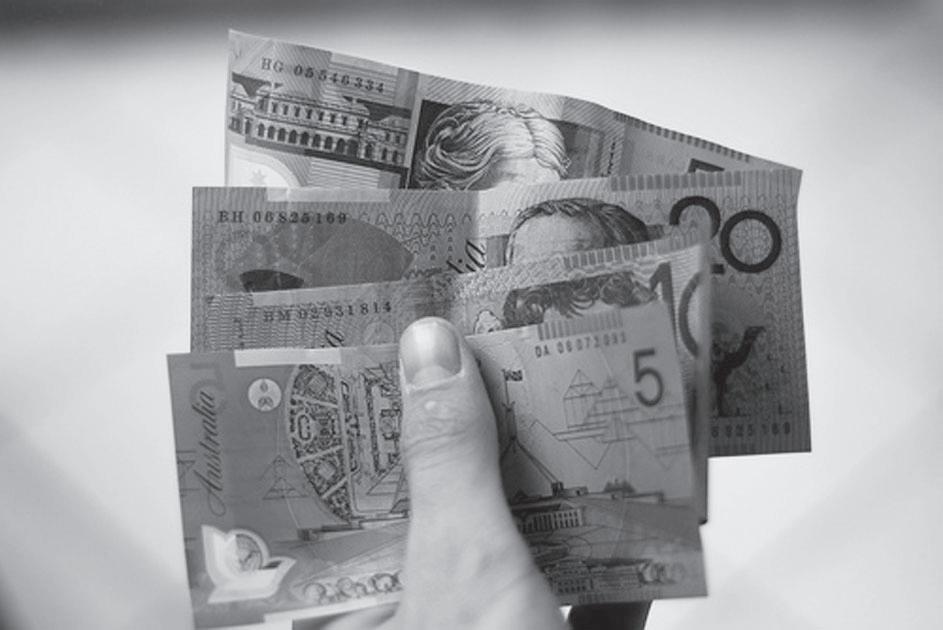
2 minute read
The beauty of giving
from 2009-10 Sydney (1)
by Indian Link
not all people responded in the same way. The study showed that people whose brain reacted more to being given money, were less willing to make donations.
Let’s face it, giving doesn’t come naturally to us. Babies first learn to grasp, then we grow up and fight over toys, clothes, magazines, DVDs, girls and boys. All major conflicts in our early life are over owning and possessing. We are greedy by nature, we steal for pleasure, we are happy getting things for free.
The question is – when and how do we learn to give? What drives us to part with money and resources and help people whom we will probably never know? How do we cease to be selfish for a while and become selfless? Is the act of charity what really makes us human?
An experienced researcher says, “I believe that human motivation to give is rooted in their desire to find meaning through community, not the hope that doing so will benefit them. The motivations of each individual giver are, of course, unique. But just as we eat to satisfy our desire to live, we give to satisfy our desire for meaning.”
Along with such anthropological observations, there have been some studies more scientific in approach. The Chicago Tribune reports that a study, which scanned the brains of volunteers as they donated money to a food bank, showed that the pleasure centers of the brain were activated by the act of giving. Even more interesting,
On a more emotional and probably easy to understand level, an expert says, “Giving is a part of human nature. That’s why when we do it, we enjoy the process so much. We enjoy seeing the other person smile; we enjoy helping someone else in some small way.”
Whatever the reasons may be, the fact is that charity is certainly a ‘feel-good’ thing to do. First, let us try to understand charity. Most schools of thought agree that charity simply has to be a selfless act, with no expectation of any kind. Here is one thought: “When you give simply from the heart you are saying – to the universe and your higher powers - that you truly care and want to share what you have. You are also sending out energy that others pick up, communicated by the selfless act of giving. You also say that you don’t care if you don’t get anything in return. You don’t care if no-one notices or if no-one thanks you. After all that’s not why you are doing it.” Whether we expect anything in return or not, the ‘what goes around, comes around’ principal takes care of it. An expert says, “Charity comes in all shapes and sizes and doesn’t necessarily mean money. You can give your time, labor, knowledge, and (of course) money. When you give away any of these things, it’s human nature to reciprocate with something, and that something is usually worth far more to you than what you gave in the first place.”

I think that is where the crux of the matter lies. The beauty of charity is in its equal









